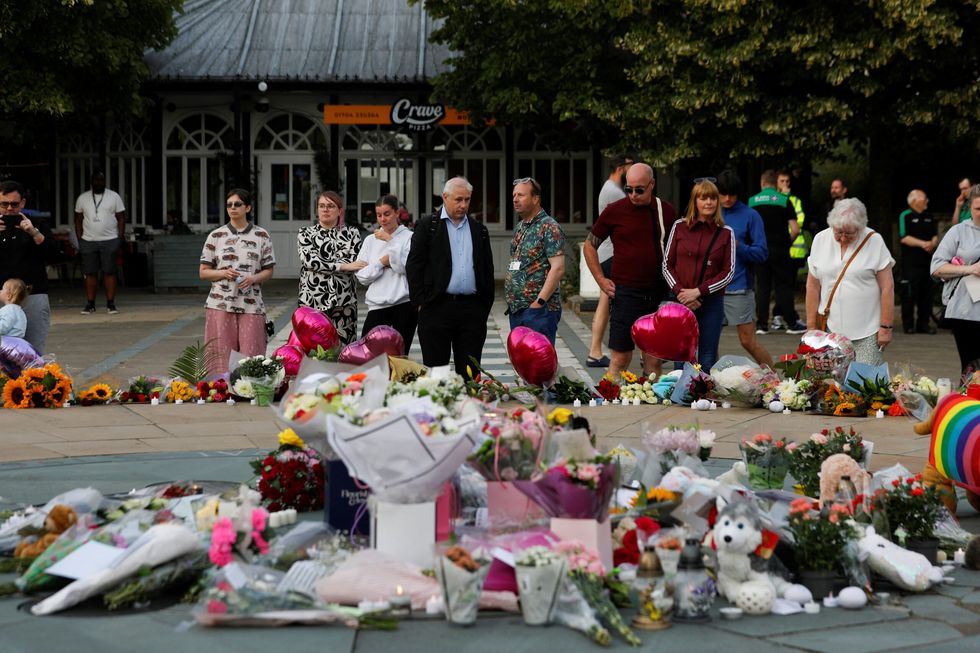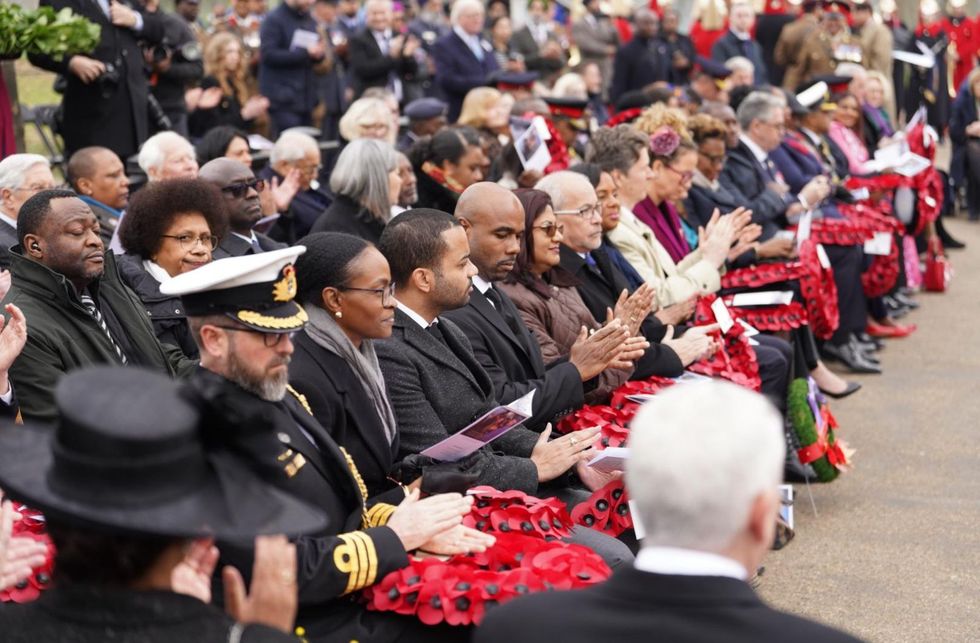PAKISTAN is striving to get donors to release $10 billion (£8.22bn) in pledges to help it recover from devastating floods by launching rebuilding projects that hinge on the funding, care taker prime minister Anwaar-ul-haq Kakar said last Friday (22).
Donors from around the world stepped up after Pakistan was hammered by floods last year and the $10 billion amounts to more than half of what Islamabad estimated it needed to rebound from the disaster.
“In all our interactions, one point has been that the projects are designed in accordance with the pledges, and that we ensure that they convert to tangible financial assistance,” Kakar told the national broadcaster.
“We’re trying to ensure that the amounts promised and pledged to us are dispersed to Pakistan and are spent on those affected by the floods,” he said.
Addressing the United Nations General Assembly later last Friday, Kakar said the total cost of Pakistan’s resiliency and recovery plan had been put at $13bn (£10.69bn) and specific projects were being submitted to donors.
“I hope our development partners will accord priority to the allocation of funds,” he said, adding that Pakistan also wanted developed nations to stick to commitments to provide $100bn (£82.2bn) annually in climate financing to less-developed nations.
The funding is crucial for cash-strapped Pakistan, but the government says it has not arrived, amid growing concerns about its future debt obligations. An IMF bailout was delayed until July this year over concerns about a lack of fiscal reform.
Among the donors were the Islamic Development Bank with $4.2bn (£3.45bn), the World Bank with $2bn (£1.64bn), Saudi Arabia with $1bn (£820 million), as well as the European Union and China. France and the United States also made contributions.
The floods, aggravated by global warming, affected at least 33 million people and killed more than 1,700 from the beginning of the monsoon season in mid-June 2022 until midNovember that year.
Also at the UN General Assembly, Kakar said Pakistan wanted peace with all its neighbours - including India. “Kashmir is the key to peace between Pakistan and India,” Kakar said, adding that the UN Security Council should secure its 1948 resolution stating that a plebiscite should be held in Kashmir to determine its future.






 FILE PHOTO: Floral tributes are laid following a vigil for the victims of the knife attack in Southport, Britain July 30, 2024. REUTERS/Temilade Adelaja
FILE PHOTO: Floral tributes are laid following a vigil for the victims of the knife attack in Southport, Britain July 30, 2024. REUTERS/Temilade Adelaja














